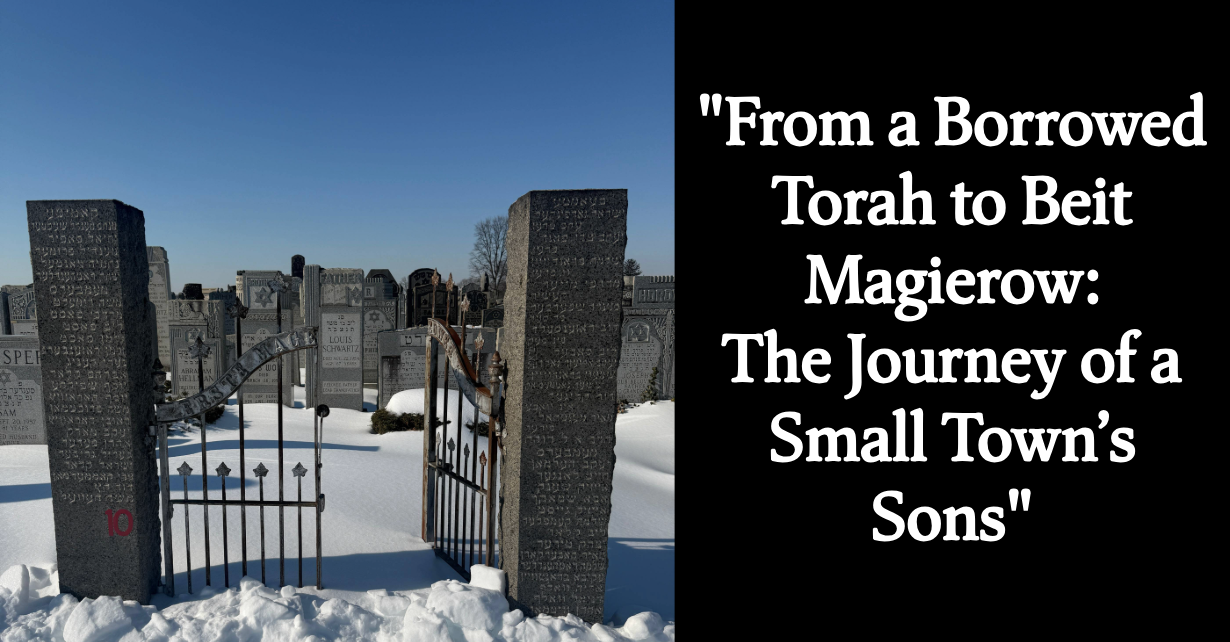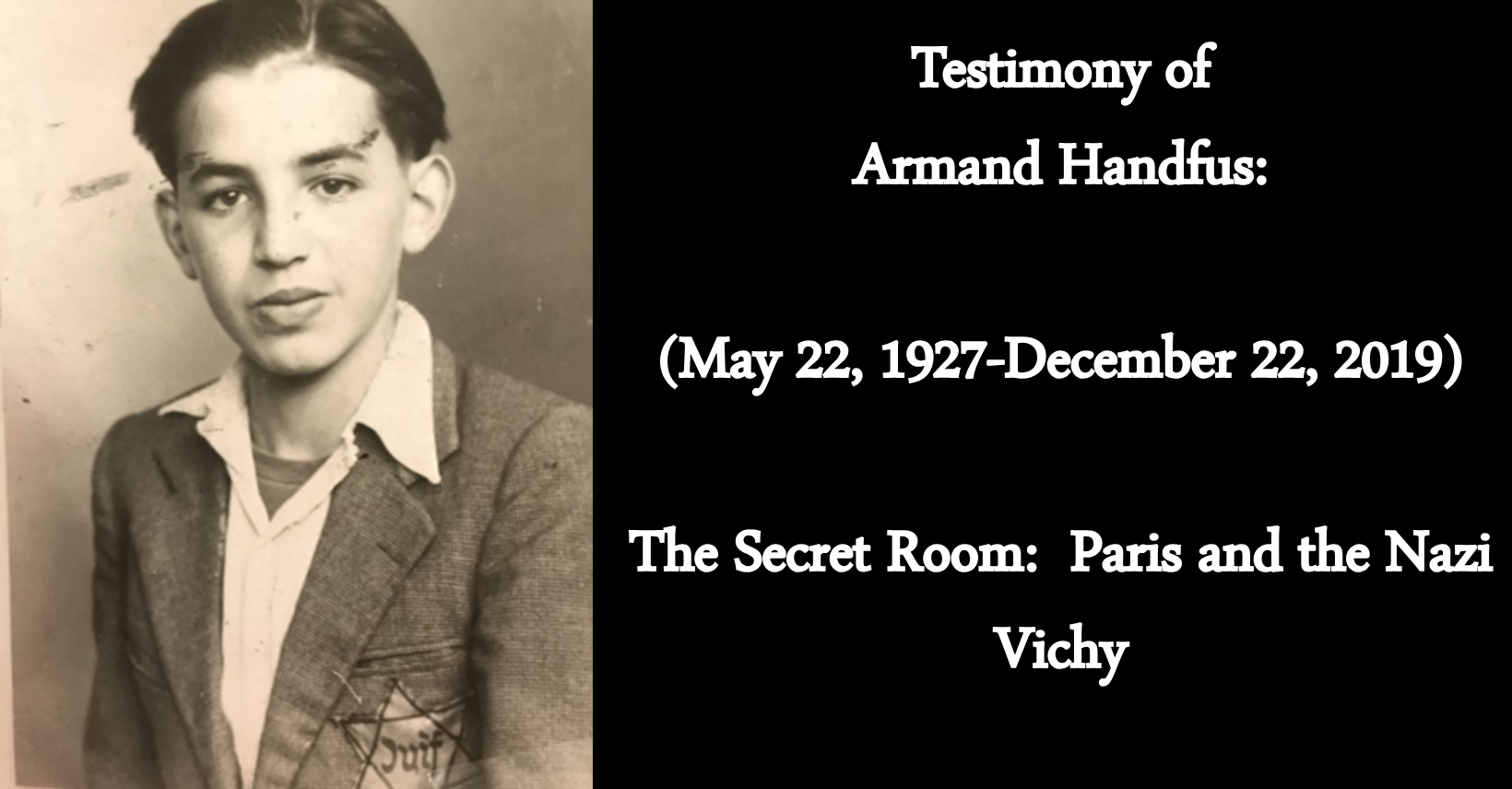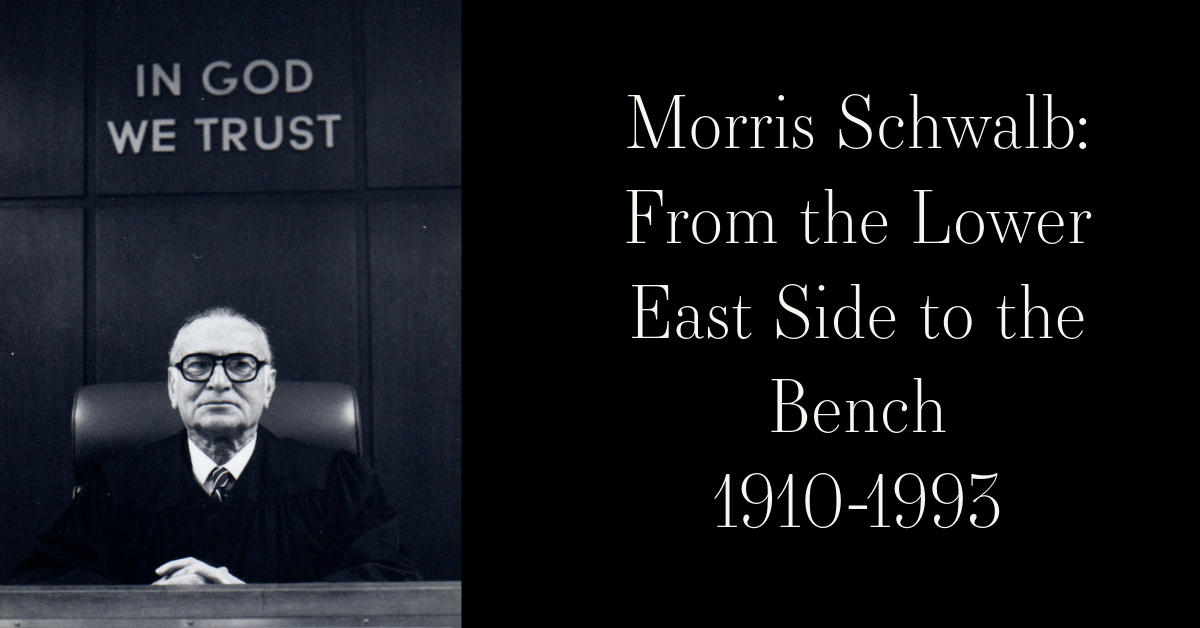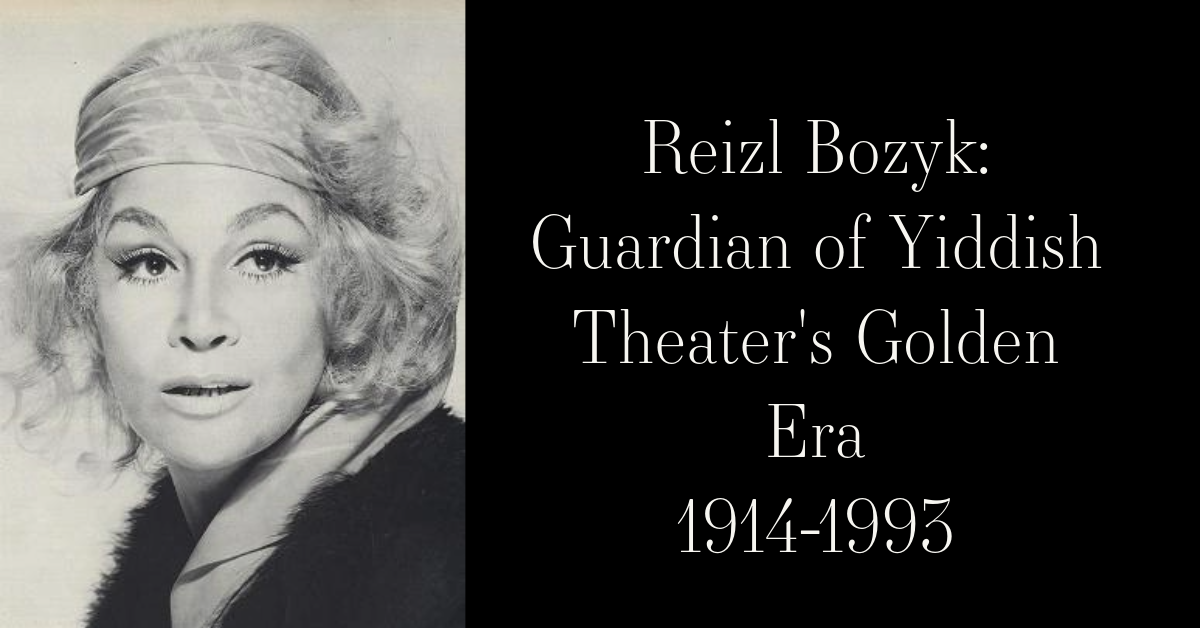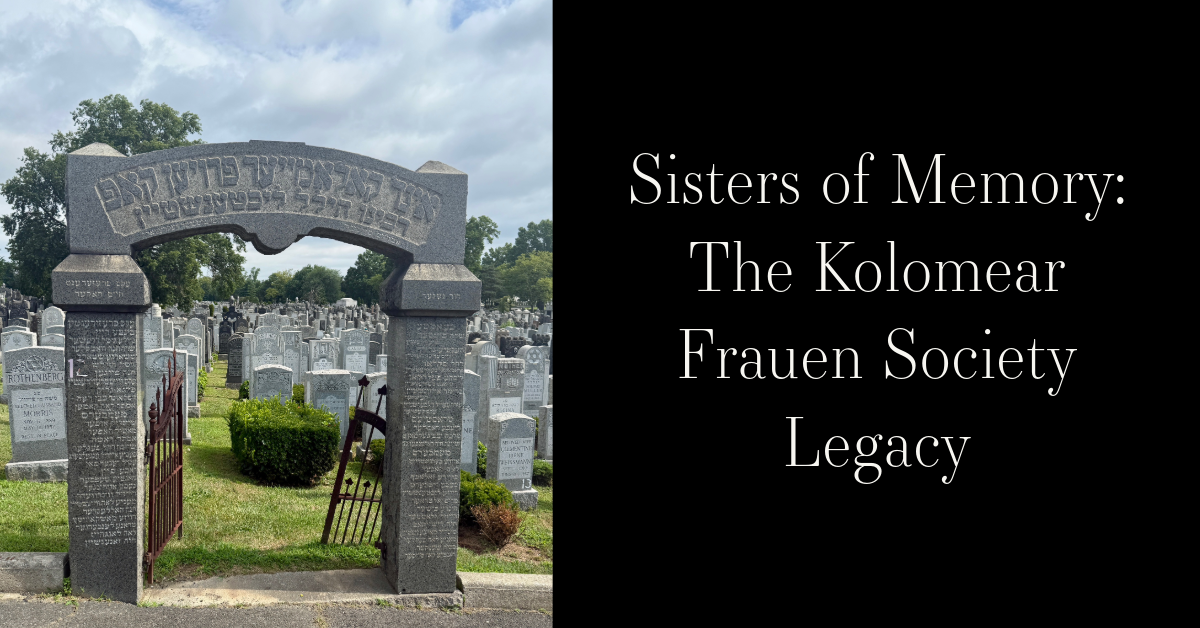J. Edward Bromberg and The Era of Blacklisting
by Julian Christy.

Headshot of Bromberg.
Daily News, February 10, 1933 Page 297
Joseph Edward Bromberg, Born Josef Edward Bromberger. was a Hungarian-born American Actor. Born on December 25, 1903, to Jewish parents Herman Bromberg and Josephine Roth in Temesvar, Hungary (Modern day Timisoara, Romania).[1] He immigrated to the United States with his family at five years old, escaping the tension of Eastern Europe and the outbreak of World War I. Bromberg grew up as an Immigrant in Manhattan. The family managed to maintain a middle-class lifestyle and was able to provide a decent high school and college education. During these school years, Bromberg became involved with acting in the drama club at Stuyvesant High School. During this time Bromberg ran for President of his senior class.[2]
This area had a dense history of organized crime dating back to the 19th century. During the early 20th century, the area was dominated by organized crime. In a biographical letter written by Director and Journalist, Helen Deutsch, she said of Bromberg, “While working as a grocer’s boy in New York’s upper east side a few years ago, J. Edward Bromberg, who plays the leading role in the group theatres forthcoming production Gold Eagle Guy, decided he would rather be an actor than a gangster. It was a case of deciding upon a career. Some of Mr. Bromberg’s boyhood playmates turned to the rougher life and became New York Gangsters”.[3]
After Graduation Bromberg attended city college but later dropped out to work as a salesman and laundryman while studying acting. Life in Manhattan during this era was fast-paced and brimming with opportunity for a young thespian. He began his training under the Russian acting coach Leo Bulgakov.[4]
His professional acting debut was in a Provincetown theatre production of “Princess Turandot”.[5] Not long after, he joined up with the Broadway company, “The Civic Repertory” under the famed director, Eva Le Gallienne. where he acted on stage for five years performing as a character actor. Eventually, Bromberg’s talents were becoming more widely recognized and he would be invited by Lee Strasberg to become a member of “The Group Theatre”, a legendary acting company out of New York City, founded by the prominent directors and producers, Lee Strasberg, Cheryl Crawford, and Harold Clurman.

Bromberg playing Van Helsing
The News Journal (Wilmington, Delaware) 10 Aug 1949,Page 19.
During this period of his life Bromberg was involved with theatrical productions of “Men in White”, “Gold Eagle Guy”, and “Awake and Sing” on behalf of The Group Theatre. The growing influence of the film industry during these years was just as controversial as it was revolutionary, during the early years of Hollywood, Film was often criticized as a lower form of entertainment as opposed to theatre. Established stage actors were rather hesitant to get involved with the film industry out of fear of debasing their craft. The techniques used to produce movies were new and completely different from those used in theatre. Actors who embraced Film were often criticized for their habit of exaggerating mannerisms. This made adaptation to the film industry hard for most who developed their skills on stage. Despite this challenge, Bromberg made the heavy decision to become a full-fledged motion-picture actor. In 1936, he was credited officially for the first time in, Between Two Flags as Col. Ferol. He played roles in 50 films from 1936-1950.
Some examples include, Son of Dracula (1943),
Lady of Burlesque (1943),
The Mark of Zorro (1940),
and Cloak and Dagger (1946).

However, behind the scenes of this Acting company’s growing success and the successes of the budding film Industry, were powerful undercurrents. A nationwide paranoia had been growing in the United States since the early 1900s and by the 1950s, this vitriol had reached a climax. “The Red Scare” was beginning to take Hollywood by storm. The stigma surrounding communism and the fear of the Soviet Union were so intense that even slight communist sympathies were considered completely traitorous. The prospect was that communist forces could be taking over various aspects of American life including the Government and Hollywood. Anti-Communist publications began to scrutinize entertainment institutions to find a link between them, The Communist Party, and the Kremlin. Association with not only the party but simply socialist ideals or leanings could be enough to ruin a career. On July 22, 1950, Bromberg was included along with Arthur Miller, Orson Welles, and 148 other prominent individuals in the anti-communist newsletter Counterstrike in one of their Red Channels pamphlets.[6] The publication of this magazine was shattering, the “accusations” of treason ranged in severity and in most cases, used dubious citations making it unclear whether these accusations could have happened or not no matter how arbitrary some of them were.
“Cases of mistaken identity or erroneous listings and false reports in the Communist press. Others ignored history and treated as suspect the willingness of many American entertainers to rally support for the Soviet Union as part of the U.S. war effort. Of the two citations that derailed actor Joe Julian’s career, one was for an innocuous public appearance during World War II and the other for a meeting that he walked out of when he discovered its sponsors had Communist ties.”[7]
Many talented actors, entertainers, and industry professionals were blacklisted and had their careers ruined by these accusations. The ability of the Anti-Communist press to transform any action into treasonous behavior cannot be understated. Lena Horne, an African American entertainer of the era was listed in Red Channels and accused of Communist sympathies and treasonous ties for simply supporting Civil Rights groups, she was called to testify before the HUAC in 1951. Horne declined to testify and was subsequently blacklisted, though she continued to perform and tour internationally. [8] Actor Joe Julian was listed as a suspectedcommunist for walking out of a meeting after discovering the sponsors had communist ties.[9] It seems that it was hard for many to avoid the crosshairs of The Red Channels and the growing Anti Communist media. Another example, Arthur Miller, a highly successful playwright, and author who was called to testify before the HUAC in 1956. Miller refused to cooperate and was subsequently blacklisted, though he continued to write and produce works. Miller was in fact a rather lucky case as opposed to most of the others who were accused.
These claims on their own were extremely controversial but consider that Red Channels’ claims were highlighted by the outbreak of the Korean War a mere 3 days after its publication. Even those who were not staunch anti-communists were getting caught up in paranoia and political zeal. These accusations became a hot topic and soon those who were cited in Red Channels were being called to testify before the HCUA. Testimony before the committee resulted in intense public scrutiny and in most cases, blacklisting from future work in the industry. This blacklisting was enforced by studios, producers, and industry organizations.
A year later, Bromberg was called upon to testify about the supposed links between people involved in Hollywood and other individuals associated with supposed communist cultural hubs. Bromberg had done his best to avoid testifying, managing to dodge subpoenas for 2 years. But in June of 1951, he finally testified in a rather controversial court appearance, Bromberg publicly denounced the HCUA and its efforts.[10] Stating that the trials were conducted “In the nature of witch hunts.”- J Edward Bromberg.[11] Bromberg’s career was tarnished in an inescapable way, His testimony was especially controversial because of his anger regarding the defamatory nature of the trials. The appearance in court would do demonstrable harm to Bromberg’s health and the entire predicament of the accusation caused immense stress to Bromberg. On December 6, 1951, just 19 days before his birthday, Joseph Edward Bromberg died at 41 years old of a heart attack.[12] About 4 months after his death, on April 10, 1952, Elia Kazan named Bromberg during his second testimony before the HCUA. In the decades following the Blacklisting and the Red Scare, Elia Kazan maintained the allegations and stated in his 1988 autobiography “A Life” that the Communist Party cell to which many “Group Theatre” members belonged would meet in Bromberg’s dressing room.
In the years following the death of J Edward Bromberg, his son Conrad followed in the footsteps of his father and became an actor and playwright. Conrad would go on to pen a theatrical production that portrayed his family’s ordeal during the years of the Red Scare, titled “Dream of a Blacklisted Actor”. Conrad Bromberg’s words on his father’s accusations ring true. “The Blacklist as a reflection of what it meant to the immigrant dream of middle-class success in America was devastating.” [13]

References
Billy Rose Division, NYPL. J. Edward Bromberg Papers, Box #1.
Folder: Personal Papers – Biographical Material – Clippings 1924-1951. “The Spectator” Volume 20 #2
Folder: Personal Papers – Biographical Material – Clippings 1924-1951. SPECIAL, To: The Group Theatre. From: Helen Deutsch.
Guide to The J. Edward Bromberg Papers, Summary https://web.archive.org/web/20070611201736/http://www.nypl.org/research/lpa/the/pdf/thebromb.pdf
Hurley, Joseph “Chilled Emotions in the Blacklist Era.” Newsday New York, New York. Friday, November 28, 1986. Page 216
Chase, Dick, “Story of J. Edward Bromberg, Screen Character Actor.” The Wisconsin Jewish Chronicle, New York. 1938 Page 9
“American Character Actor, J. Edward Bromberg, Dies.” The Courier-Journal Louisville, Kentucky. December 7, 1951, Friday Page 7
“Threat Ignored, Film Red Tale Told.” The Los Angeles Times, Los Angeles, California. Thursday, September 20, 1951 Page 8
Rothstein, Mervyn “A SON WRITES ABOUT HIS BLACKLISTED FATHER.” The New York Times. Sunday, November 30, 1986, Page 106
“Dracula Still Chilly Thriller.” The News Journal. Wilmington, Delaware. August 10, 1949. Page 19
Schrecker, Ellen, and Phillip Deery. The Age of McCarthyism: A Brief History with Documents. Boston: Bedford/St. Martin's, 2017.
Schacher, Yael. “The People Kazan Named.” The Village Voice, May 10, 2017. https://www.villagevoice.com/1999/03/16/the-people-kazan-named/
Whitlatch, Michael. “THE HOUSE COMMITTEE ON UN-AMERICAN ACTIVITIES ENTERTAINMENT HEARINGS AND THEIR EFFECTS ON PERFORMING ARTS CAREERS,“ August 1977.
https://etd.ohiolink.edu/apexprod/rws_etd/send_file/send?accession=bgsu1566463048513763&disposition=inline
-Blog by Julian Christy.
[1] Schrecker, Deery Page 245
[2] Shacher, Yael.
[3] Whitlatch, Michael
[4] “American Character Actor, J. Edward Bromberg, Dies.” The Courier-Journal Louisville
[5] Rothstein, Mervyn.
[6] Schrecker, Deery Page 245
[7] Schrecker, Deery Page 245
[8] Schrecker, Ellen and Phillip Deery.
[9] Chase, Dick
[10] Guide to the Bromberg Papers – Summary
[11] Billy Rose Division, NYPL. J. Edward Bromberg Papers, Box #1, Folder: Personal Papers – Biographical Material – Clippings 1924-1951. SPECIAL, To: The Group Theatre From: Helen Deutsch
[12] Chase, Dick
[13] Billy Rose Division, NYPL. J. Edward Bromberg Papers, Box #1, Folder: Personal Papers – Biographical Material – Clippings 1924-1951. “The Spectator” Volume 20 #2







